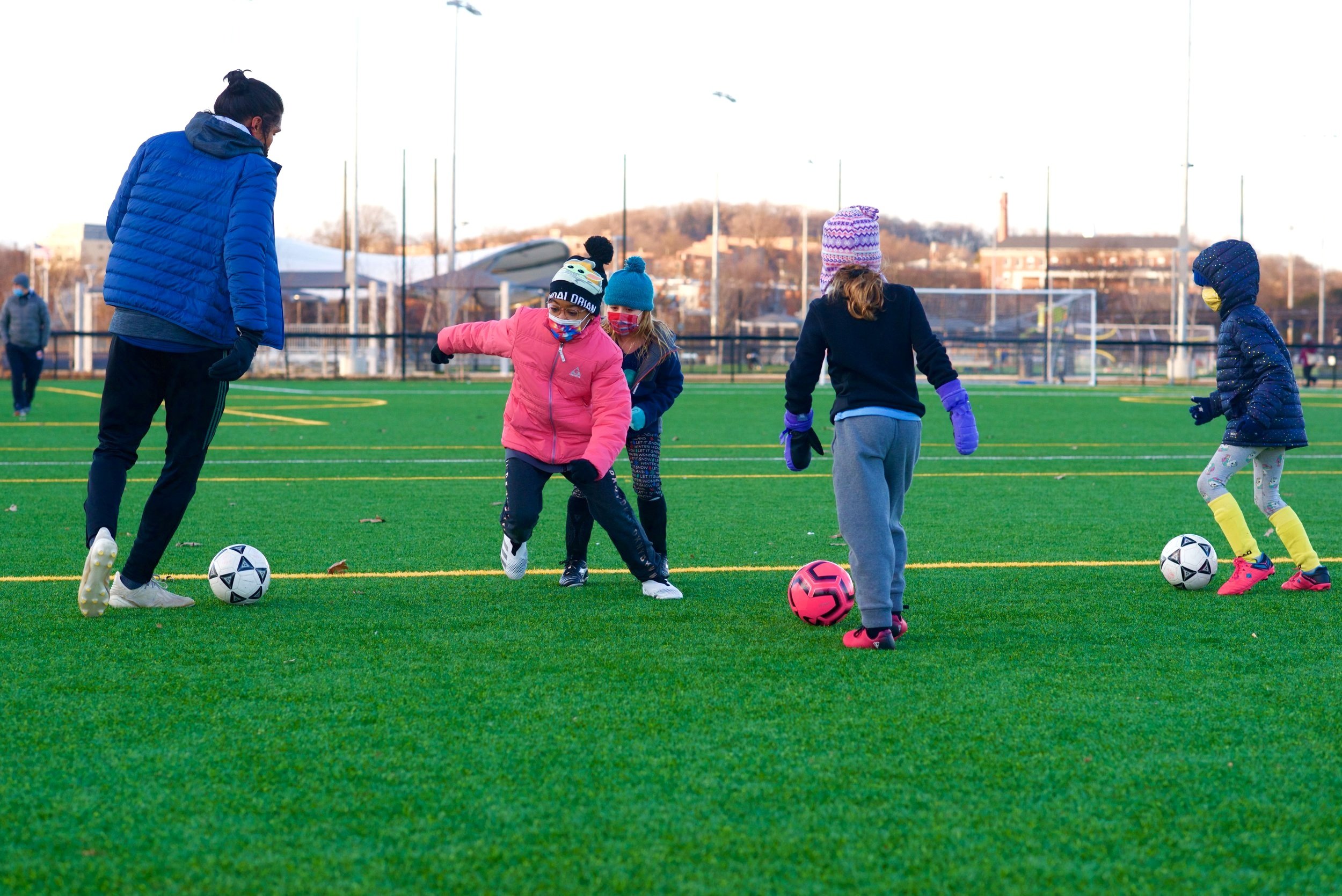Have you been wondering why you're the one that keeps healthy while your children get sick a few times a year? It's been stated that children can get the cold up to 8-10 times a year while adults don't. This is not caused by a weak immune system; it is because most children haven't yet built immunity to countless viruses that circulate in our environment including schools, public transport, classes, dining hall, you name it. So, when your child catches a cold, you don't need to panic at all; they usually disappear on their own and actually help your child gain immunity. In this case, what can be done to prevent or reduce the risk of your child getting a cold in the future?
EXERCISE REGULARLY:
For both children and adults, obesity has been scientifically proven to increase the presence of inflammatory components that cause metabolic diseases and other health alterations. Obesity is also known to impair immune function, making your children susceptible to possible infections and viruses. High levels of physical activity (like soccer) in young children appear to benefit the immune system through modifying auto antigen-induced immune activation. Regular exercise has also been proven to reduce stress, increase metabolic activity, improve cardiovascular health, and make the body release the feel-good hormones to keep you kickin' throughout the day.
GET PUMPED ON VITAMINS:
Healthy, nutritious habits enable children to grow and thrive a lot more easily. Vitamin C is found in citrus fruits such as oranges, strawberries, tomatoes, and broccoli. It has been shown to help prevent the common cold in individuals exposed to sickness-inducing surroundings. Vitamin C may also aid to shorten the duration and intensity of a cold and has been advised to be consumed during the Covid-19 pandemic. Good nutrition is a critical factor in keeping fit, preventing obesity, and keeping your immune system boosted.
GO TO SLEEP (and do it soon):
According to studies, those who don't get enough sleep are more prone to illnesses like colds. According to Australian sleep guidelines, toddlers require 11 to 14 hours of good-quality sleep, while preschoolers require 10 to 13 hours. An uninterrupted 9 to 11 hours is advised for children aged five to thirteen. Also, scientific studies have shown that regular exercise improves sleeping patterns and increases deep sleep time, which is when we get juiced up on brain functions.
KEEP THE HANDS CLEAN:
While preventing the spread of germs may not be strictly beneficial to your child's immune system, it is a terrific way to relieve stress. Make sure your kids wash their hands frequently (with soap!), keep surfaces clean at home, bring disposable wipes with you when you go out, and keep the masks on in risky environments, as Covid-19 isn't the only virus we should be concerned with.
One of the KEY factors to prevent diseases and maintain health is to engage in physical activity, and there's no way better than to do it with a team by your side. So, check out all our programs and find out which is best for you and your child — gift yourself the immune boost you deserve!











